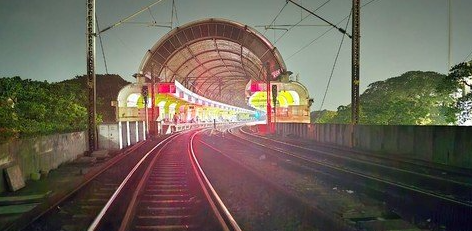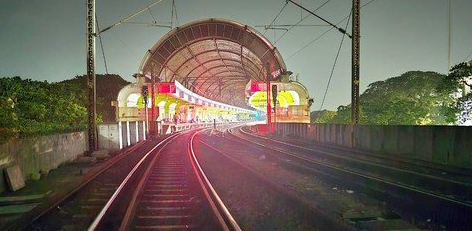| File Name: | Railway Control Engineering Fundamentals (IRSE Module A) |
| Content Source: | https://www.udemy.com/course/railway-control-engineering-fundamentals-irse-module-a/ |
| Genre / Category: | Drawing & Painting |
| File Size : | 149 MB |
| Publisher: | udemy |
| Updated and Published: | November 01, 2024 |
Certificate in Railway Control Engineering Fundamentals (IRSE Professional Exam Module A) of the Advanced Diploma in Railway Control Engineering
1. Welcome and Course Overview
- Brief Welcome: “Welcome to Railway Control Engineering Fundamentals, designed for professionals preparing for the IRSE Module A exam.”
- Purpose of the Course: Highlight that the course covers the core concepts of railway control and communication systems. Emphasize its relevance for railway engineers, signaling professionals, and students aiming for a foundational understanding of these systems.
- Learning Goals: Summarize that by the end, learners will have a solid grasp of railway control principles, safety protocols, and essential technologies.
2. Key Topics Overview
Introduce the main topics with a brief outline:
- Introduction to Railway Signalling: Explain how signalling ensures train movements are safe and efficient, managing the flow of trains.
- Fundamental Requirements for Train Control Systems: Discuss the importance of meeting operational needs with safe, reliable, and cost-effective designs.
- Train Detection Systems: Cover:
- Track Circuits – Basics of track circuit functionality and their role in train detection.
- Axle Counters – An alternative detection method and how it operates independently of track conditions.
- Cab Signaling Systems: Introduce cab signaling, allowing drivers to receive real-time updates in the cab, enhancing safety.
- Interlocking Systems Basics: Explain how interlocking prevents conflicting train routes using systems of controls.
- Railway Safety Engineering: Discuss safety principles, hazard management, and the safety lifecycle in railway systems.
- Train Protection Systems: Introduce systems like the Automatic Train Protection (ATP) that automatically intervene to prevent unsafe situations.
- Operator Interfaces: Show how human-machine interfaces enable smooth communication between the control system and operators.
- Telecommunications in Railways: Explain telecom’s role in real-time communications essential for railway operations.
- Level Crossing Systems: Describe various types of level crossing protection to safeguard road-rail intersections.
- Metro Railway and Urban Transit Systems: Explore unique considerations in high-frequency, urban environments.
- Railway System Management: Highlight management practices for maintaining system efficiency, reliability, and safety.
- Interface Management: Emphasize the importance of managing interfaces between systems to avoid interoperability issues.





